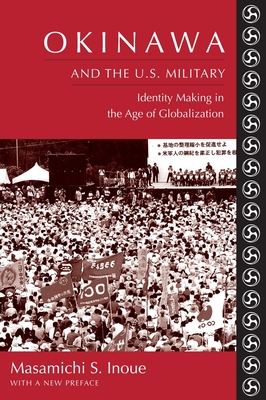Expedite your nonfiction book discovery process with Readara interviews, summaries and recommendations, Broaden your knowledge and gain insights from leading experts and scholars
In-depth, hour-long interviews with notable nonfiction authors, Gain new perspectives and ideas from the writer’s expertise and research, Valuable resource for readers and researchers
Optimize your book discovery process, Four-to eight-page summaries prepared by subject matter experts, Quickly review the book’s central messages and range of content
Books are handpicked covering a wide range of important categories and topics, Selected authors are subject experts, field professionals, or distinguished academics
Our editorial team includes books offering insights, unique views and researched-narratives in categories, Trade shows and book fairs, Book signings and in person author talks,Webinars and online events
Connect with editors and designers,Discover PR & marketing services providers, Source printers and related service providers

Okinawa and the U.S. Military: Identity Making in the Age of Globalization
Social Science > Anthropology - Cultural & Social
- Columbia University Press
- Paperback
- 9780231138918
- 8.9 X 6 X 0.7 inches
- 1 pounds
- Social Science > Anthropology - Cultural & Social
- (Single Author) Asian American
- English
Readara.com
Book Description
Using this event as a point of reference, Inoue explores how Okinawans began to regard themselves less as a group of uniformly poor and oppressed people and more as a confident, diverse, middle-class citizenry embracing the ideals of democracy, human rights, and women's equality. As this identity of resistance has grown, however, the Japanese government has simultaneously worked to subvert it, pressuring Okinawans to support a continued U.S. presence. Inoue traces these developments as well, revealing the ways in which Tokyo has assisted the United States in implementing a system of governance that continues to expand through the full participation and cooperation of residents.
Inoue deftly connects local social concerns with the larger political processes of the Japanese nation and the global strategies of the United States. He critically engages social-movement literature along with postmodern/structural/colonial discourses and popular currents and themes in Okinawan and Japanese studies. Rich in historical and ethnographical detail, this volume is a nuanced portrait of the impact of Japanese colonialism, World War II, and U.S. military bases on the formation of contemporary Okinawan identity.
Author Bio
Since the mid-1990s, I have been conducting a series of anthropological and cultural analyses of the U.S. military base issues in Okinawa. Currently, I aim to complete a second book on this subject. In addition, I have conducted fieldwork with the campus police to examine issues of security in the increasingly globalized environment of post-9.11 American society. “Border-crossing” as a form of intellectual enterprise mediates and unites these projects, manifesting itself as I write Japan (including Okinawa) from a global perspective on the one hand and explore global America as a Japanese intellectual on the other.
- Research Interests
cultural anthropology
Cultural studies
Japan
Okinawa
the U.S.
Education
Ph.D., Duke University, 1999 (Cultural Anthropology)
Source: University of Kentucky
Videos
No Videos
Community reviews
No Community reviews

